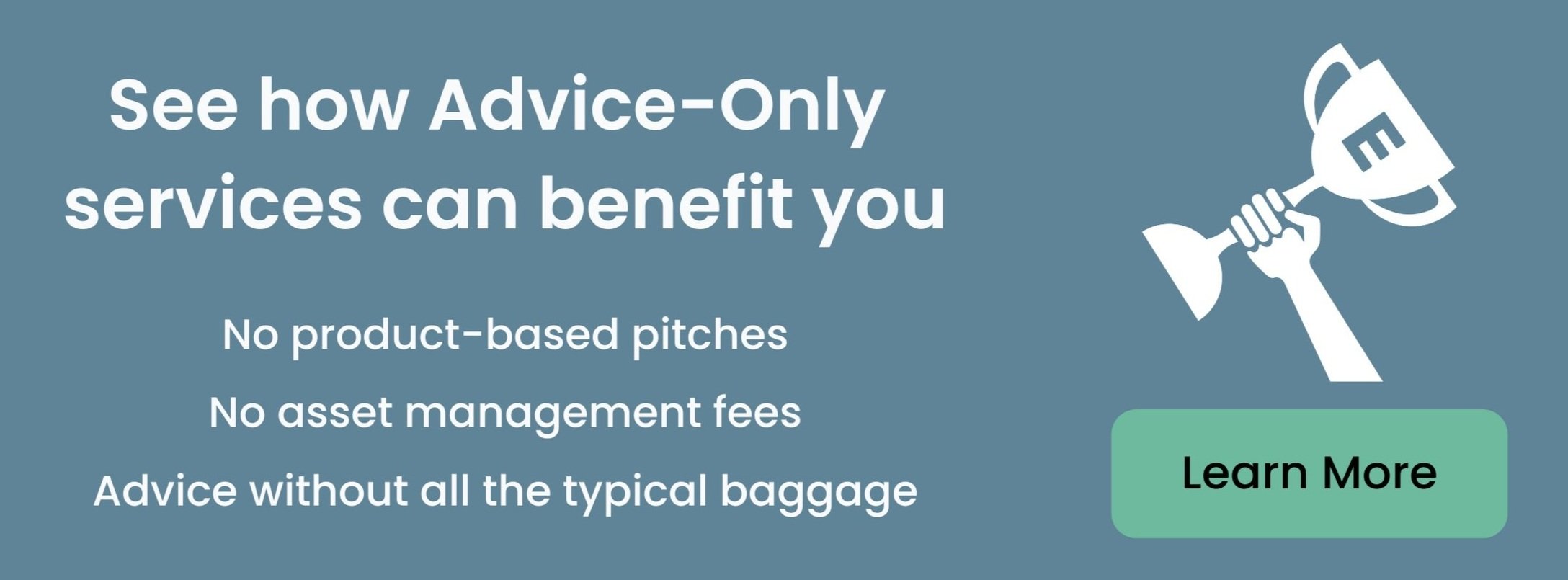Early Exercising and Filing an 83(b) Election
Early exercising and filing an 83(b) election is done by few and misunderstood by many. This process applies to a few equity types, but when done properly, and when company stock prices go up, it can save you thousands to millions of dollars depending on your situation.
The purpose of this article is to share what we think are some best practices when early exercising and filing an 83(b) election.
By the end of the article you should have a clear understanding of when you need to file an 83(b) election and when it may or may not be worth it.
#1 - Understand early exercising and filing an 83(b) election are two different things
Early exercising is the ability to purchase shares before they’ve vested.
Filing an 83(b) election is a separate action you take after having early exercised or after receiving a grant of RSAs.
A common misconception is that doing an 83(b) election gives you the ability to early exercise – this is false. The ability to early exercise is determined by the company granting you your options. Your company will stock plan will either allow it or they won’t. The 83(b) election is simply an election the IRS lets you make.
#2 - Know what equity you’ve been granted
This seems like a no-brainer, but it’s extremely important to be aware of what you actually own because there are different tax rules and different deadlines associated with each equity type.
Another common misconception is that you can file an 83(b) election with RSUs – this is false, you cannot.
#3 - Understand the tax impacts of early exercising and filing an 83(b)
If you exercise when your exercise price is the same as the current market price of your options, then you don’t have much to worry about tax impacts so long as you properly complete an 83(b) election.
If you exercise once the current market price of your equity has risen a little above your exercise price, then you need to proceed with caution. If there is an embedded gain between your exercise price and current market value it is known as the bargain element or spread.
Anytime there’s a positive spread, it means there are tax consequences. Depending on the number of options and the type of option, it could mean either zero taxes or thousands in taxes.
We’ve written on When to Exercise ISOs and we’ve covered NSO Tax Treatment. We highly recommend checking both of those articles.
#4 - Understand 83(b) election deadlines and don’t miss them
If you’ve received a grant of RSAs, you have 30 days from the grant date to complete your 83(b) election.
If you’ve received a grant of ISOs or NSOs, you have 30 days from exercise to file an 83(b) election.
If you miss the deadline, the IRS will not be forgiving. Your only hope of remedying a missed 83(b) election is to discuss it with the company to see if there’s a way for equity to be regranted to you so you can have a do-over. (And it’s an embarrassing discussion to have.)
#5 - Find a good 83(b) election form format
Whatever company manages your company’s equity plan will have an 83(b) election form you can use. If you’re at an early startup and don’t have anyone managing your equity yet, then you could probably get by with using Fidelity’s 83(b) election form.
#6 - Send a copy of the 83(b) election to yourself
Many CPAs and attorneys who help people at start-ups recommend sending a copy of your 83(b) election to both yourself and your employer in addition to the required copy to the IRS through Certified Mail.
Since there’s no validation from the IRS that they’ve received your 83(b) election, sending yourself and/or your employer provides a backup as proof that you did in fact send out the form when you said you did.
#7 - Be aware of vesting conditions and vesting timelines
Even if you early exercise and properly file an 83(b) election, you still need to meet your vesting conditions before shares are truly yours. If you leave before you’ve met all vesting conditions, your shares will be forfeited back to the company.
#8 - Be realistic about timelines and odds of profit
People daydream about their equity being worth millions just like we daydream of winning the lottery when it’s over 1 billion. Your odds may be better with your equity, but it’s important to temper your expectations and to not become too reliant on something that’s so unsure.
You can buy a mansion after winning the lottery. You don’t want to buy it before.
Final Thoughts on 83(b) Election Best Practices
Making proper 83(b) elections and acting strategically with your equity is typically better than being reactionary. By being intentional about your decisions and taking into account your unique circumstances, you can arrive at a decision that’s right for you.
If you need help going over your specific situation, we’re happy to be a sounding board. We understand this stuff isn’t easy so we’re here to help. Thanks as always for reading.


